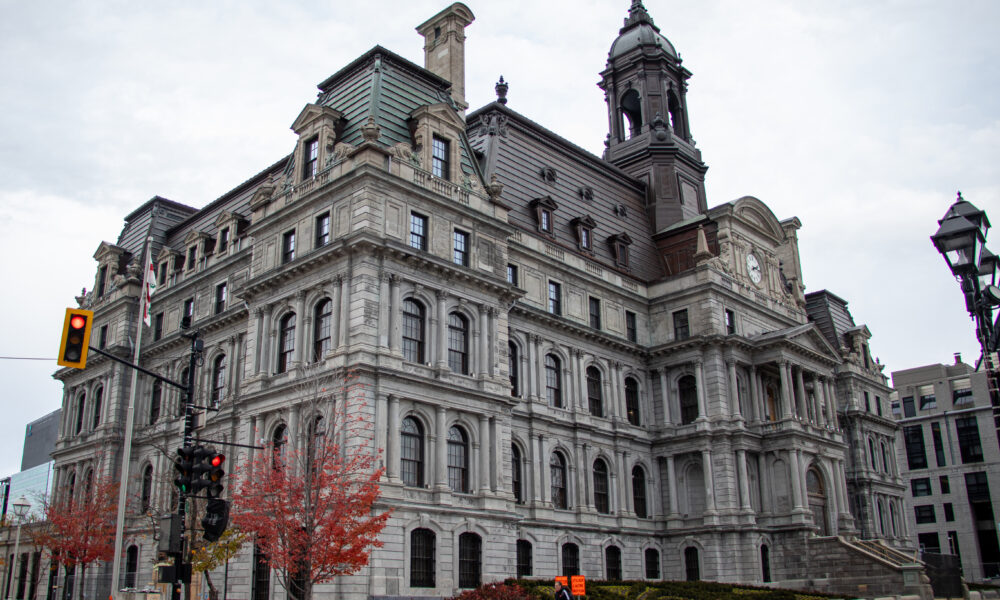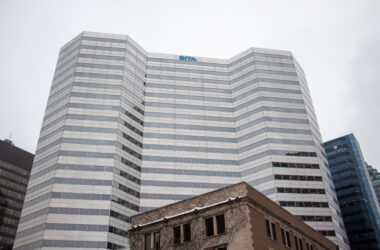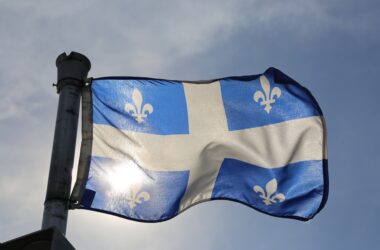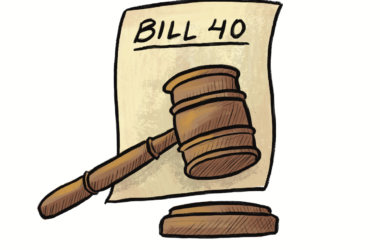Montreal’s municipal government announced the approved city budget for 2024 on Nov. 15. The budget sees a $235 million increase in spending and, on average, a 4.9 per cent increase in residential property taxes. The 2024 budget also sees increases in spending on public transit and housing, as well as a $35 million increase in funding for the Service de Police de la Ville de Montréal (SPVM). To help students decode what this new budget may mean for their lives, The Tribune presents a guide to Montreal’s municipal politics.
How are Montreal’s municipal politics organized?
Montreal’s city council, made up of 65 elected officials, is the central decision-making authority for the city. It comprises Mayor Valérie Plante, city council chair Martine Musau Muele, 18 borough mayors, and 45 independently elected council members. The city council approves the annual budget and is responsible for city-wide issues and plans, including ensuring clean drinking water and overseeing large projects such as the expansion of Montreal’s metro system.
In addition to the city council, each of Montreal’s 19 boroughs has its own council. Borough councils oversee issues such as garbage collection, recreation, and construction within their boundaries.
What parties are in power in Montreal?
Four parties are currently represented on the city council: Projet Montréal with over half of the seats, Ensemble Montréal with one third of the seats, Équipe LaSalle Team with three seats, and Équipe Anjou with two seats. In addition, there are two independents on the council.
As the second-most-represented party, Ensemble Montréal, is the official opposition. The party has representatives from eight different boroughs on the city council.
Both the Ville-Marie and Le Plateau Mont-Royal boroughs are represented almost entirely by members of Projet Montréal. These boroughs incorporate residents from neighborhoods including Downtown Montreal, the International District, Old Montreal, the Quartier des Spectacles, Milton-Parc, Le Plateau, and Mile End. In addition to these two boroughs, Projet Montréal has representatives from nine others on the city council.
What are Projet Montréal and Ensemble Montréal’s policy stances?
While Ensemble Montréal has expressed significant discontent with the 2024 budget’s tax increases, the two parties released similar stances regarding policing, housing, and the environment before the most recent election in 2021.
Both parties support increasing the public security section of the budget. Ensemble Montréal supports significantly expanding SPVM’s funding and hiring more police officers. Both parties have said that they support increasing the use of body cameras and the involvement of social workers.
During the 2021 election, Projet Montréal pledged to build 60,000 affordable housing units. Ensemble Montréal, on the other hand, promised 50,000 new housing units with 10,000 being social housing. The 2024 city budget allocated over $50,000,000 toward the creation of affordable as well as government-subsidized housing.
In regard to the environment, Projet Montréal is aiming to make the city carbon neutral by 2050. The party has plans of planting trees and increasing access to electric-car parking. They also banned the use of single-use plastics this March . Similarly, Ensemble Montréal has outlined a goal to get Montreal to carbon neutrality by 2045 largely through expanding the number of green spaces in the city.
How can I make my voice heard?
Aside from voting, citizens can get involved with municipal politics in a number of ways. There are 11 standing committees where city councillors seek community input on subjects ranging from cultural life to transportation systems.
The city of Montreal’s website contains a calendar of all upcoming public participation events—meetings where citizens can go to voice concerns or opinions to governing bodies.










